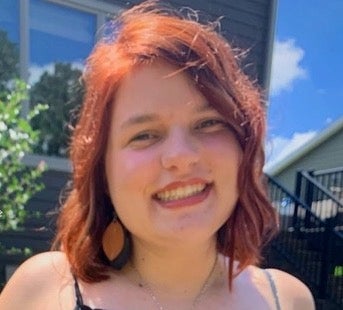Founder Fuel: Student startup develops novel thermochemical process to improve the world
By The Faculty of Engineering
The entrepreneurship ecosystem at Waterloo Engineering nurtures promising ideas into thriving enterprises. In their weekly Founder Fuel series, they look at new ventures and how they have benefited from that crucial early support.
Nicole Howard, Rachel Blanchard, Steven Vilcacundo Molina and Kris Ma (all BASc ’22, chemical engineering) set out to develop a Capstone project that could improve the world.
“I know that sounds cheesy,” says Howard. “But we did want to make a difference.”
They targeted the mountain of PET water bottles discarded every day, developing a novel thermochemical process to break down that plastic waste and convert it into an important commodity: activated carbon. It’s a product widely used in the textile industry to remove dyes from wastewater. It’s also increasingly sought for its carbon-capture capabilities.
As their results revealed, the activated carbon created by Howard and her teammates outperforms what’s currently on the market, which is made from either environmentally destructive coal or expensive biomass. That creates big wins for the planet — and a seriously compelling business case.
Last spring, the team won a $50,000 Palihapitiya Venture Creation Fund award through Waterloo Engineering. Suddenly, the four engineering classmates were entrepreneurs, with money to move their technology forward.
But they knew they had a lot to learn on the business side. That’s where Velocity’s Concept Cornerstone Program came in. It provided a community of advisors and fellow student founders who worked with the team to explore potential business models.
“It helped us really nail down our target market and helped us really understand our problem statement,” says Howard.

Nicole Howard is passionate about making a positive difference.
Busy months lie ahead to get their fledgling venture — Reduce, Carbonize, Adsorb — off the ground, launch bench-scale testing and start hunting for the next round of funding. But the idea of creating technology that could achieve so much good is a powerful incentive.
“We’re really passionate about what we’re doing as a company,” Howard says.
This story first featured in WEAL 2022.